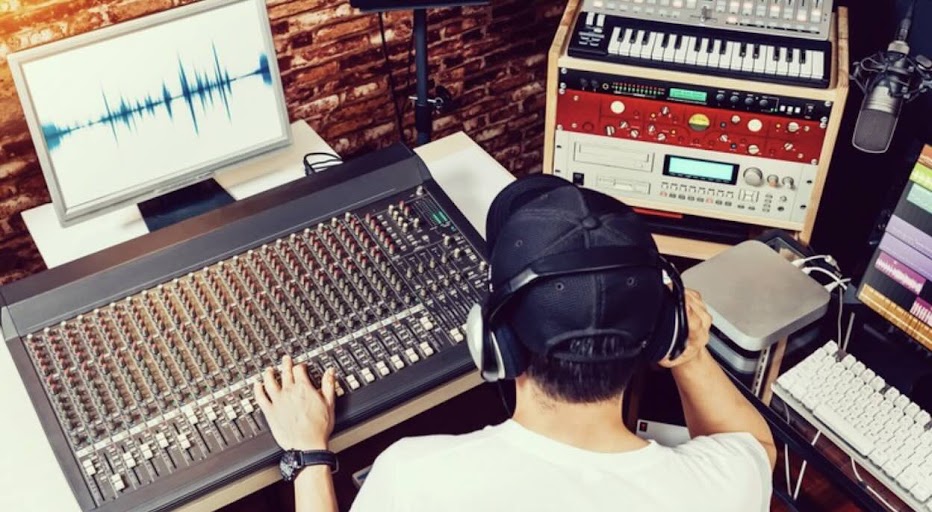What's the equalization?
Equalization is one of the most popular and important processes in the world of audio. With EQ we can improve sonic details that we could not avoid when we recorded something. It is important to say that equalization is not a "magic tool" that you use all times. In fact, many engineers say that it is preferable not to have to use equalization or use it only when necessary.They are also used to create special effects, such as the "telephone" effect, old radio, megaphone, small speakers, etc. EQ can compensate shortcomings of the sound sources and not necessarily a microphone. For example: a person wants a deeper voice and uses equalization to add bass and get that effect.
One of the most important applications of the EQ's is to attenuate or filter out certain frequencies that make the sound "dirty". I don't mean removing noise (there are other more specialized tools for this task), but to reduce resonances and frequencies that are annoying to the ear. I think we've all heard those cymbals or electric guitars that are unpleasant or even hurt.
In my opinion, any audio signal that disturbs our ears is either bad equalized or recorded. Good audio should be a delight and an experience that invites us to listening to it, not to want to run away from it! I mention this regardless of the genre, because, although there is music that is aggressive in its interpretation, the sound should be clear, definite and strong, but not unpleasant.
Learning the art of equalization: what and how equalize, requires a lot of expertise and a lot of practice. In this regard, I have published a video course explaining every detail of the process and with many examples. With this link, you can take it with 50% off!
So, equalization is a very important deal for audio engineers and musicians, but with practice, guidance and good ears it is not an impossible task.








0 comments:
Publicar un comentario